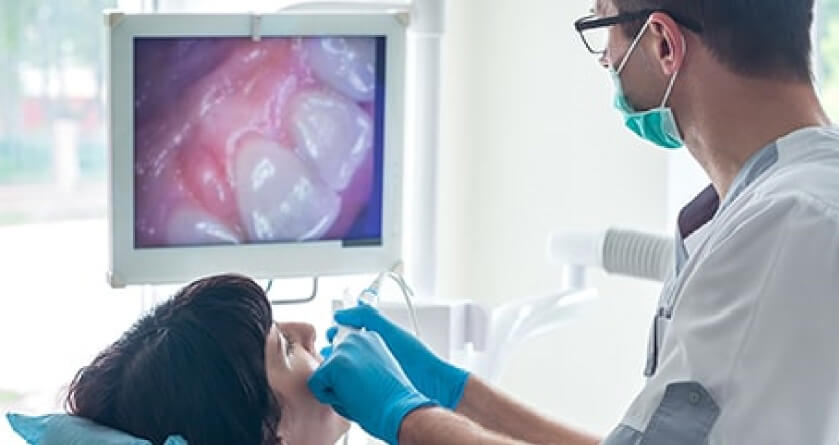
If you’ve been told you need a bone graft, chances are you have some questions. We get it — the procedure name is a little intimidating! However, there’s no need to be intimidated about the idea of a bone graft. Bone grafts are a common procedure performed by Dr. Hostalet and Dr. Shelton, our oral and maxillofacial surgeons. To help you feel more at ease, we’ve put together the following information on why a bone graft would be necessary and what to expect during the recovery period.
What Is a Bone Graft?
Jawbone grafts, also known as jaw reconstruction, strengthen and prepare weakened bone in the jaw. Typically, we perform a bone graft to ensure that the jaw is strong enough to receive a dental implant.
Why Does My Jaw Need Strengthening?
If you’ve been missing teeth for a long period of time, that area of your jaw will lose bone density, as it has nothing to support. During a bone graft, we replace some of the missing bone. This also stimulates new growth, supporting a healthy jaw that’s strong enough to support an implant. We also perform bone grafts to help our patients recover and heal from mouth trauma or the effects of certain cancers or congenital conditions like a cleft palate.
What Is Recovery Like?
Recovery after a bone graft depends on the scope of the procedure. You may recover in as little as two weeks, or as long as three months. It takes your jaw itself about three months to heal and recover from a bone graft. You can rest assured you’re in good hands after your bone graft surgery, however. Our team will send you home with detailed instructions on how to care for yourself and avoid complications.
For example, we will ask you to ice your jaw at regular intervals to reduce swelling. You will also need to closely monitor your diet for the first few days, at least. Stick to soft foods until we advise you to begin eating solid foods. And, no matter what, avoid using straws! The suction created by straws can dislodge fragile blood clots in your mouth and lead to all sorts of complications. If you follow our instructions, you’re well on the way to a smooth and speedy recovery.
More Questions? We Have Answers!
Please contact our office to ask us any questions or to schedule your next appointment.
